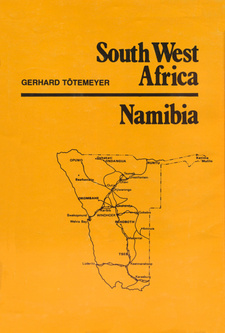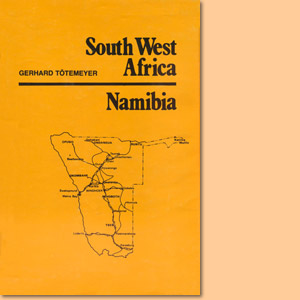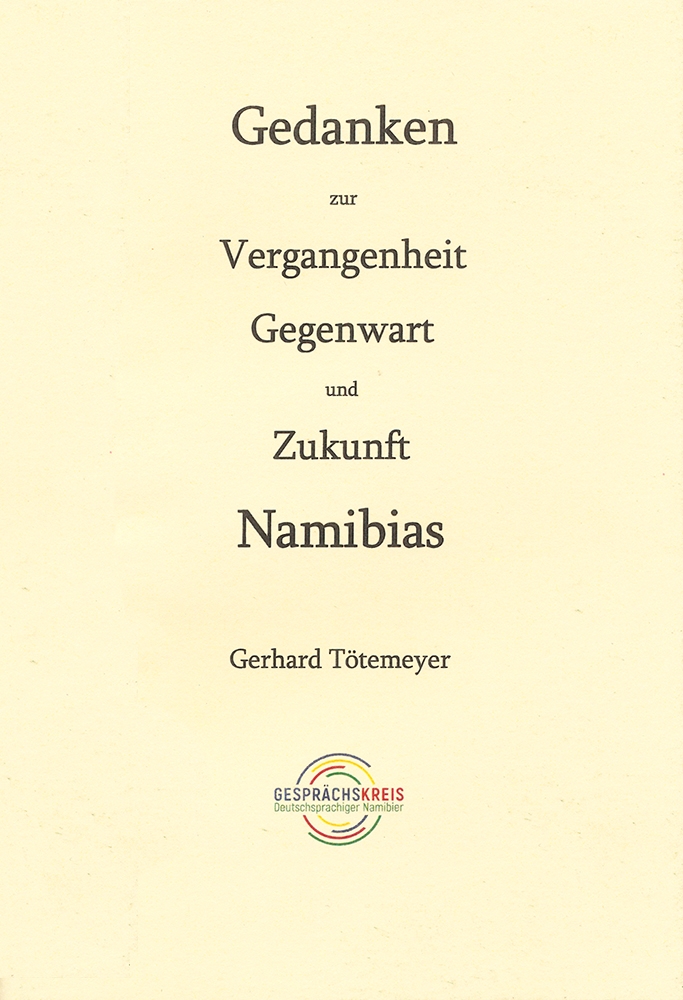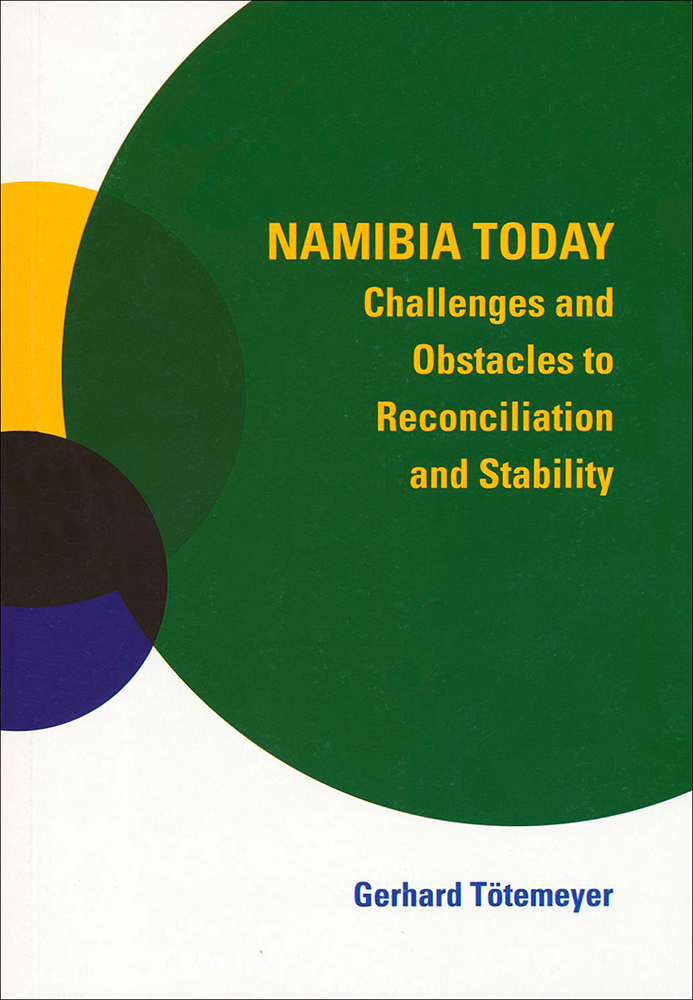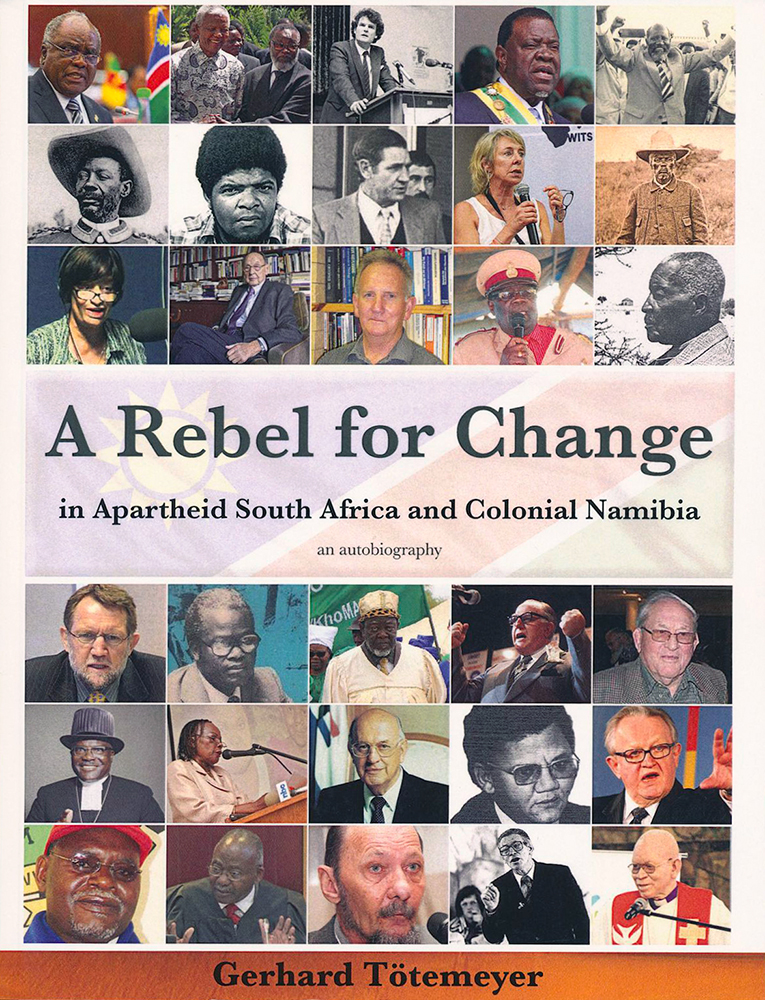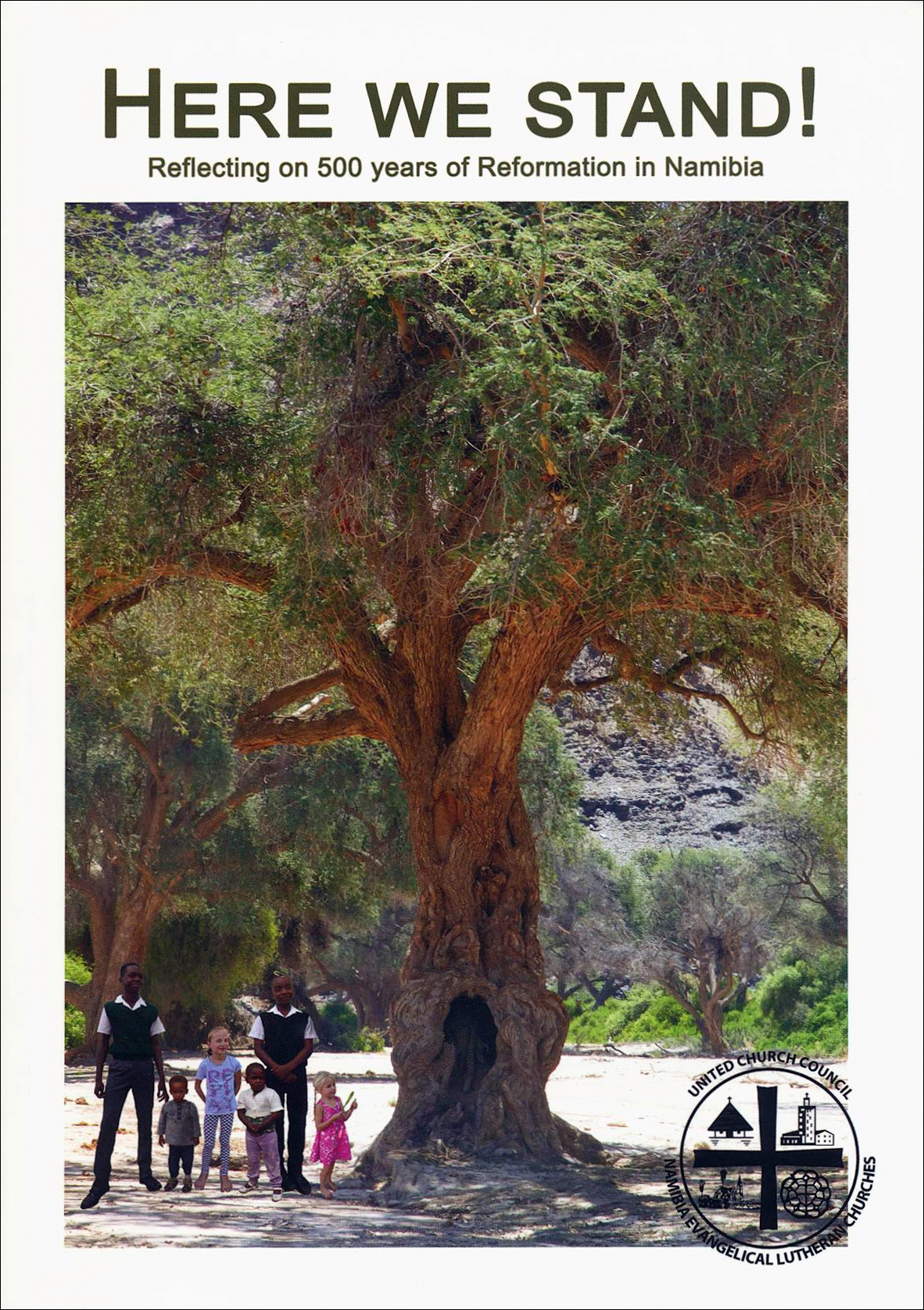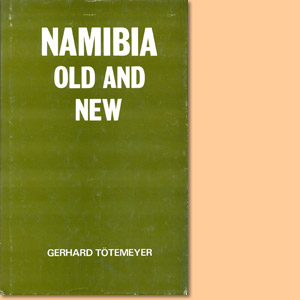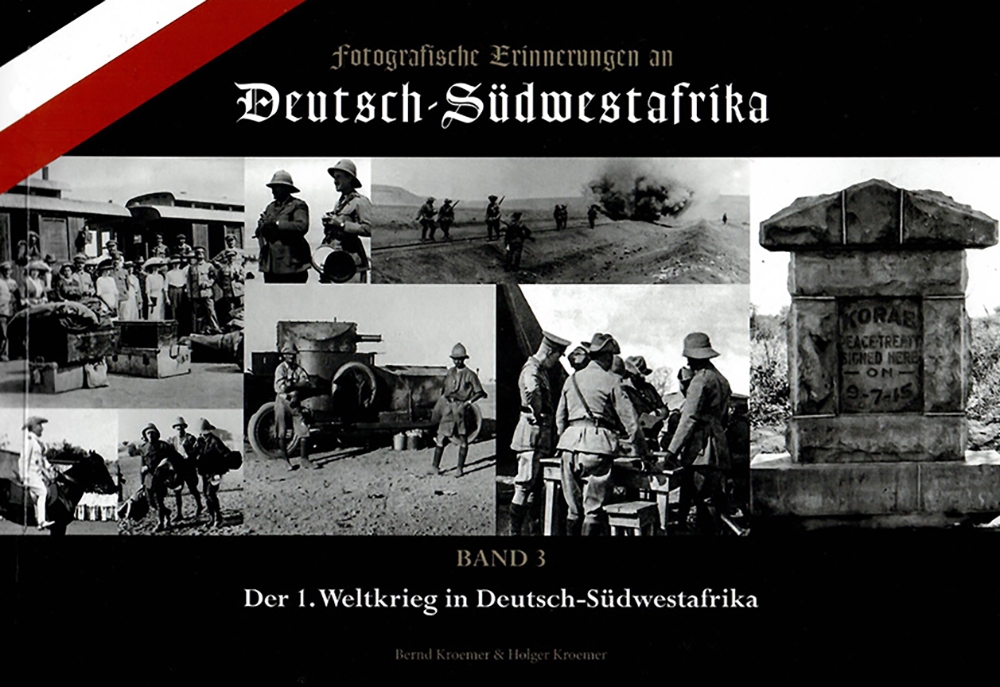South West Africa, Namibia, by Gerhard Tötemeyer
This book was written by one of the best-informed experts on the South West Africa/Namibia situation, which has been the subject of a bitter international dispute for more than thirty years, Gerhard Tötemeyer.
South West Africa/Namibia is now a focal point in international politics. Different interpretations of the status of South West Africa in international law have made the territory a subject of contention between the (former) mandatory power, South Africa, and the rest of the world. Resolutions passed by the Parliament of the Republic of South Africa, international bodies such as the Organisation of African Unity and the United Nations, as well as recommendations by the International Court of Justice have, since the Fifties, brought the South West African issue into prominence. Recent political developments in neighbouring Angola and Mozambique since they were granted independence, South Africa's policy of détente, UN Security Council resolutions, the Dar es-Salaam declaration by the unaligned African states in 1975, and the Dakar declaration of 1976, have made the South West African question assume greater urgency. After Rhodesia, South West Africa is regarded as the next country in Southern Africa on the road to independence. Speaking on behalf of the South African government, the Prime Minister, Mr B.J. Vorster, has repeatedly made it clear that all options for the constitutional development of South West Africa are open and that the inhabitants of the territory can decide their future for themselves. The essential choice is between peaceful development or polarisation and confrontation. The present Constitutional Conference in Windhoek subscribes to the former. The same is claimed by the South West Africa People's Organisation of Namibia (Swapo), the most important Black party in the territory, but one which is not represented at the Conference. There is a rift between the ideological values and aims of Swapo and the territory's governing White National Party. The National Party is committed to the concept of ethnicities within a culturally plural society, while Swapo believes that Namibia should be one national entity. These differences also apply in the economic field. Swapo favours a socialist-type development programme, while the National Party adheres to the principle of free-enterprise. Can these attitudes and aims be reconciled? Can South West Africa's ultimate solution be a model for South Africa's political future? What are the chances for peaceful development in South West Africa? What characterises its social, economic, and political structure? Which (and who) are the interested parties and what influence do they have on the development process and the process of determining the country's future, and what do these bodies expect of the future? These are the questions on which this book focuses.
This is an excerpt from the book: South West Africa, Namibia, by Gerhard Tötemeyer.
Title: South West Africa, Namibia
Subtitle: Facts, attitudes, assessment, and prospects
Author: Gerhard Tötemeyer
Publisher: Fokus Suid Publishers
Randburg, South Africa 1977
ISBN 0620027398 / ISBN 0-620-02739-8
Original hardcover and dust jacket, 15x21 cm, 323 pages
Tötemeyer, Gerhard im Namibiana-Buchangebot
South West Africa, Namibia
A detailed study of the socio economic conditions pertaining at a transitional time in the history of South West Africa, Namibia.
Gedanken zur Vergangenheit, Gegenwart und Zukunft Namibias
Gerhard Tötemeyers Gedanken zur Vergangenheit, Gegenwart und Zukunft Namibias.
Namibia Today
Namibia today: Challenges and obstacles to reconciliation and stability three decades after independance.
A Rebel for Change in Apartheid South Africa and Colonial Namibia
A Rebel for Change in Apartheid South Africa and Colonial Namibia is Professor Gerhard Tötemeyer's autobiography.
Here we stand. Reflecting on 500 years of Reformation in Namibia
Here we stand: Reflecting on 500 years of Reformation in Namibia includes articles by Namibian bishops, theologians, pastors, academics and lay members of the Lutheran community.
Das Werden und Wirken eines Rebellen
Das Buch 'Das Werden und Wirken eines Rebellen' sind autobiographische und historische Notizen des Deutsch-Namibiers Gerhard Tötemeyer.
Namibia Old and New. Traditional and Modern Leaders in Ovamboland
Namibia Old and New is focused on the development of Ovamboland from a traditional society to a modern one.
Weitere Buchempfehlungen
South Africa in the sixties. A socio-economic survey
South Africa in the sixties is a contemporary socio-economic survey by the South Africa Foundation.
Die weissen Herren. 300 Jahre Krieg und Gewalt in Südafrika
"Die weissen Herren" ist ein gesellschaftskritsche Reportage und Schnitt durch 300 Jahre Krieg und Gewalt in Südafrika.
Fotografische Erinnerungen an Deutsch-Südwestafrika, Band 3
Fotografische Erinnerungen an Deutsch-Südwestafrika Band 3: Der 1. Weltkrieg in Deutsch-Südwestafrika.

